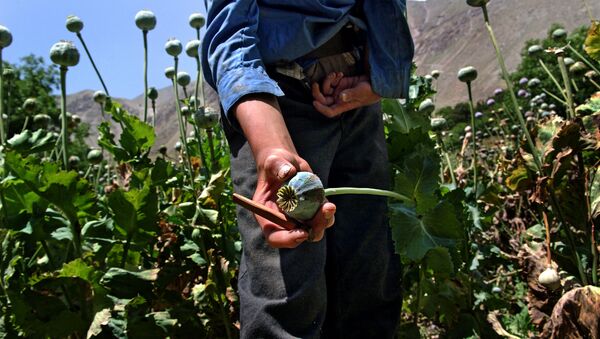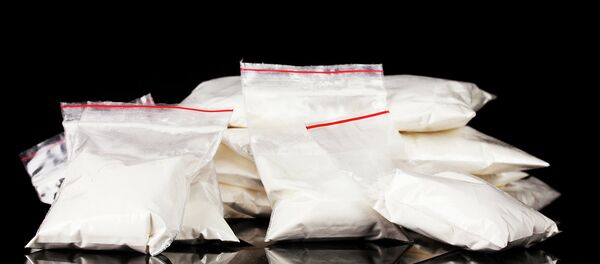For centuries, poppy plants have been farmed for opium, from which morphine is produced. The substance has been most commonly used for relieving severe pain before or after surgery, however it can also be converted into heroin. And while no one has been able to make the substance from scratch yet, experts have called for regulations to prevent amateurs from trying.
Scientists have for decades attempted to hack the DNA of yeast to mimic poppies in the hopes of creating cheaper and less addictive pain relievers. Until now, the strains they have created were only able to perform the last steps of a long process needed for the synthesis of morphine.
But a group of researchers from UC Berkeley has discovered the missing piece, completing all the steps needed for lab-grown morphine. The results were published in journal Nature Chemical Biology on Monday.
According to the team’s findings, the genetically engineered yeast from the project was able to convert sugar into the chemical that is the precursor for morphine.
While the team stopped short of producing the actual drug in the lab, the findings have renewed concerns about the potential impact of DIY narcotics.
John Dueber, the bioengineer who led the team, warned that society needs to "think this through now before it becomes a reality."
Experts have noted that the process is inefficient, meaning that it is still extremely difficult for people to make homemade morphine. Some, however, point out that with advancements in technology, brewing morphine may soon become as simple as brewing beer.
In a Nature commentary, a group of researchers from the Massachusetts Institute of Technology and the University of Alberta have called for the restriction of genetically modified yeast to licensed facilities in case they fall into the wrong hands.
Lead author Kenneth Oye cautioned that now is the time to act, writing "you don’t want to be doing it afterward. You can’t do it afterward."





